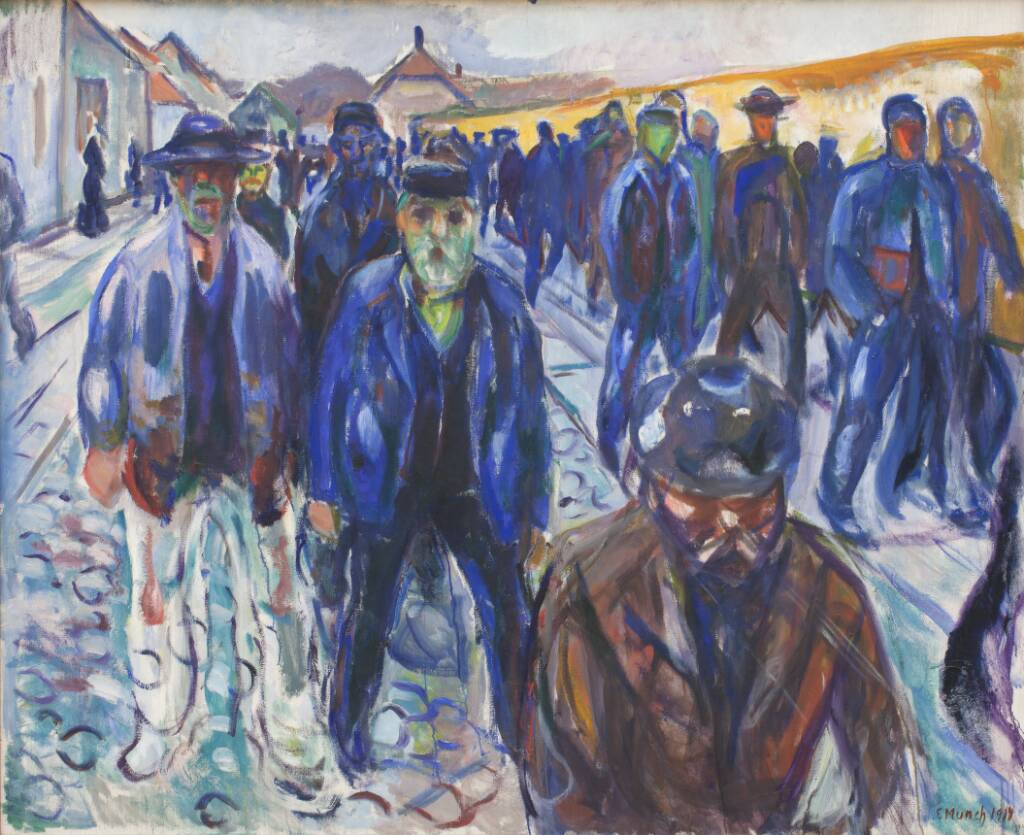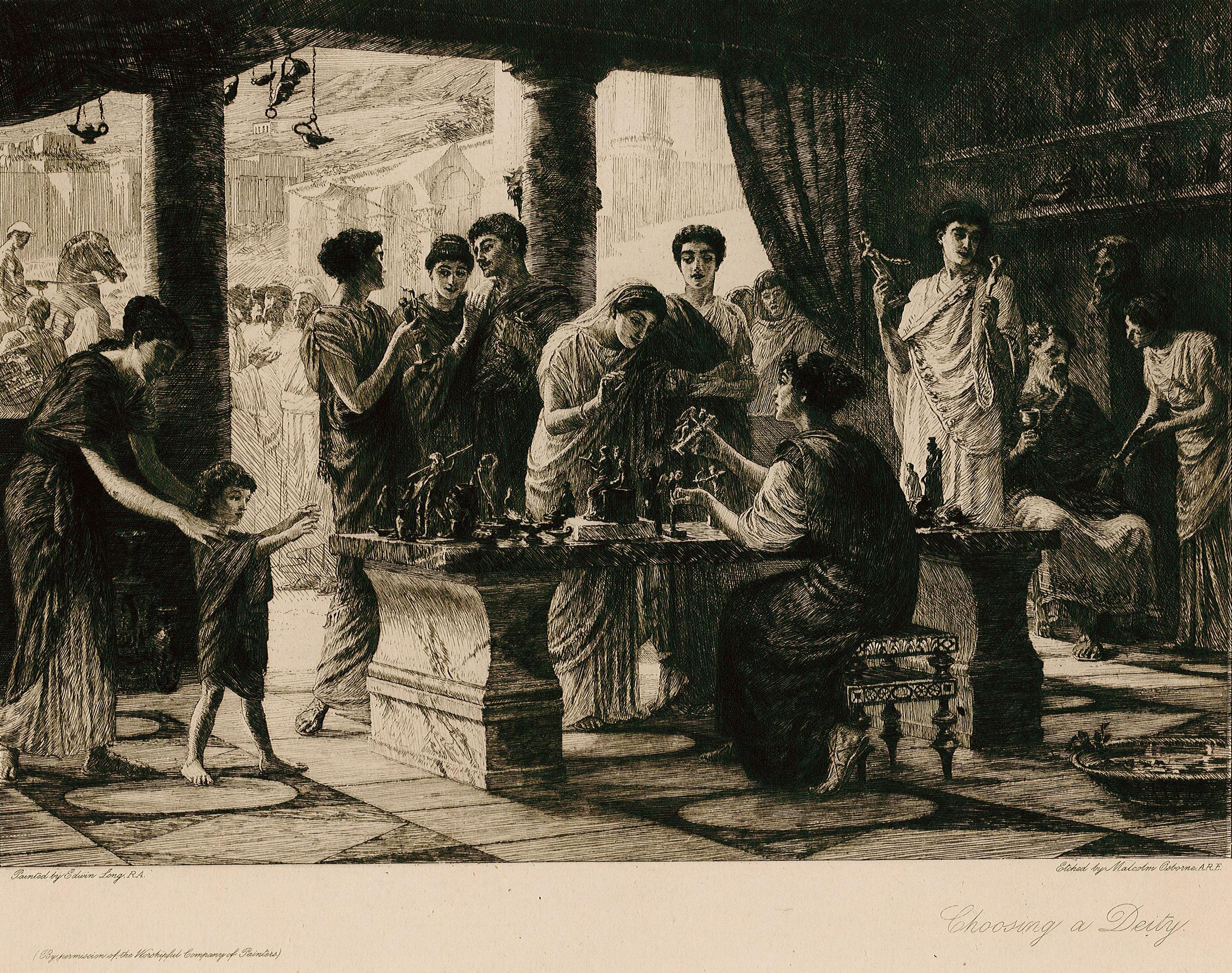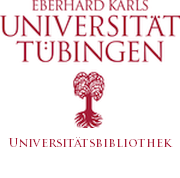Archives
-

God Acting
No. 1 (2025)Christianity and Islam speak of the „God acting“ – but is it even meaningful to speak of them at all? Or are certain preconditions already being established that need to be critically discussed? The articles in this issue show that the answers to these questions are very different – and that no assignment can be made to an institutionalization of the participating theological traditions.
The articles on „God achting“ not only deal with fundamental theological questions, from the question of the determination between transcendence and immanence, the possibilities of speaking of and about God, the reality-revealing power of interpretation of theology, to the communitizing function of faith, fundamental statements about the history of salvation or the hope of redemption and religious experience. In doing so, they also show the added value that theology has to offer as a genuinely interdisciplinary endeavor.Editor: Volker Hennig Drecoll.
Image: Workers on their Way Home (1014) by Edvard Munch, National Gallery of Denmark.
Source: https://www.smk.dk/en/article/workers-on-their-way-home-1914/
Since the summer of 2024, the University of Tübingen has had a „Campus der Theologien“ (Campus of Theologies), which consists of the university's three theological institutions: the Faculty of Protestant Theology, the Faculty of Catholic Theology, and the Center for Islamic Theology. The „Campus der Theologien“, which initially only denotes a spatial proximity, brings together the already existing forms of cooperation and serves to intensify the scientific cooperation of the participating institutions in research and teaching, as well as to strengthen the ecumenical and interreligious profile of the Tübingen theologies. The newly established scientific journal „Campus der Theologien – Theologische Studien und Kritik“makes the theological findings of the Tübingen „Campus der Theologien“ available to a broad public and strengthens mutual exchange. The journal's themed issues feature articles on current issues and topics from the various theological disciplines and the various theologies. In addition, forms and possibilities of ecumenical, comparative, inter- or transreligious theology are explored and their potential is tested. Academic theologies must have an impact on an increasingly secular public, in which, on the one hand, religious diversity is lived peacefully, but on the other hand, it is also associated with exclusion and violence. In view of this, the editors see the journal as a forum for theological debate that seeks to do justice to the ambivalent social significance of religious diversity. Not least, the journal „Campus der Theologien“ aims to contribute to overcoming typecasting of the self and the other through religious and confessional cooperation and to revealing the productive diversity of the theologies.
-

Patterns of Religionization. A Critical Discussion of a New Perspective on Interreligious Research – with a Response from Marianne Moyaert
No. 2 (2025)Interreligious studies in Western European (post-)Christian societies do not take place in a neutral terrain but are strongly conditioned by social, political, cultural, legal, and institutional aspects that shape their structure and format as well as the expectations of their participants. What counts therein as ›proper‹ religion and what does not, proves to be instilled with social imaginaries, normative assumptions and institutional arrangements that are deeply anchored in (Western) Europe’s historical experience with Christianity and (Western) Christian ways of imaging and speaking about the ›other‹. The contributions in this issue critically discuss the legacy of these Christian ›Patterns of Religionization‹ from a variety of disciplinary, denominational, religious and cultural perspectives. They do so in conversation with Marianne Moyaert’s recent study on Christian Imaginations of the Religious Other. A History of Religionization (Wiley Blackwell 2024) thereby both reflecting and continuing a discussion that was initiated by Marianne Moyaert's New Horizons Fellowship at the Tübingen Campus of Theologies in the summer term of 2022. At the heart of the debate are the relationships between Christian normativity and power; the logics at work in the construction and negotiation of religious differences amid asymmetrical power relations; the colonial legacies of (Western) Christianity; and how these issues can be addressed both on a conceptual and methodological level as well as from a critical interreligious perspective.
Image: Choosing A Deity by Edwin Long (1829-1891). The print dates from the 1890s. The engraver was Malcolm Osborne (1880-1963).
Source: https://www.gravurdunyasi.com/gravurler/gdi57301b?lang=en





